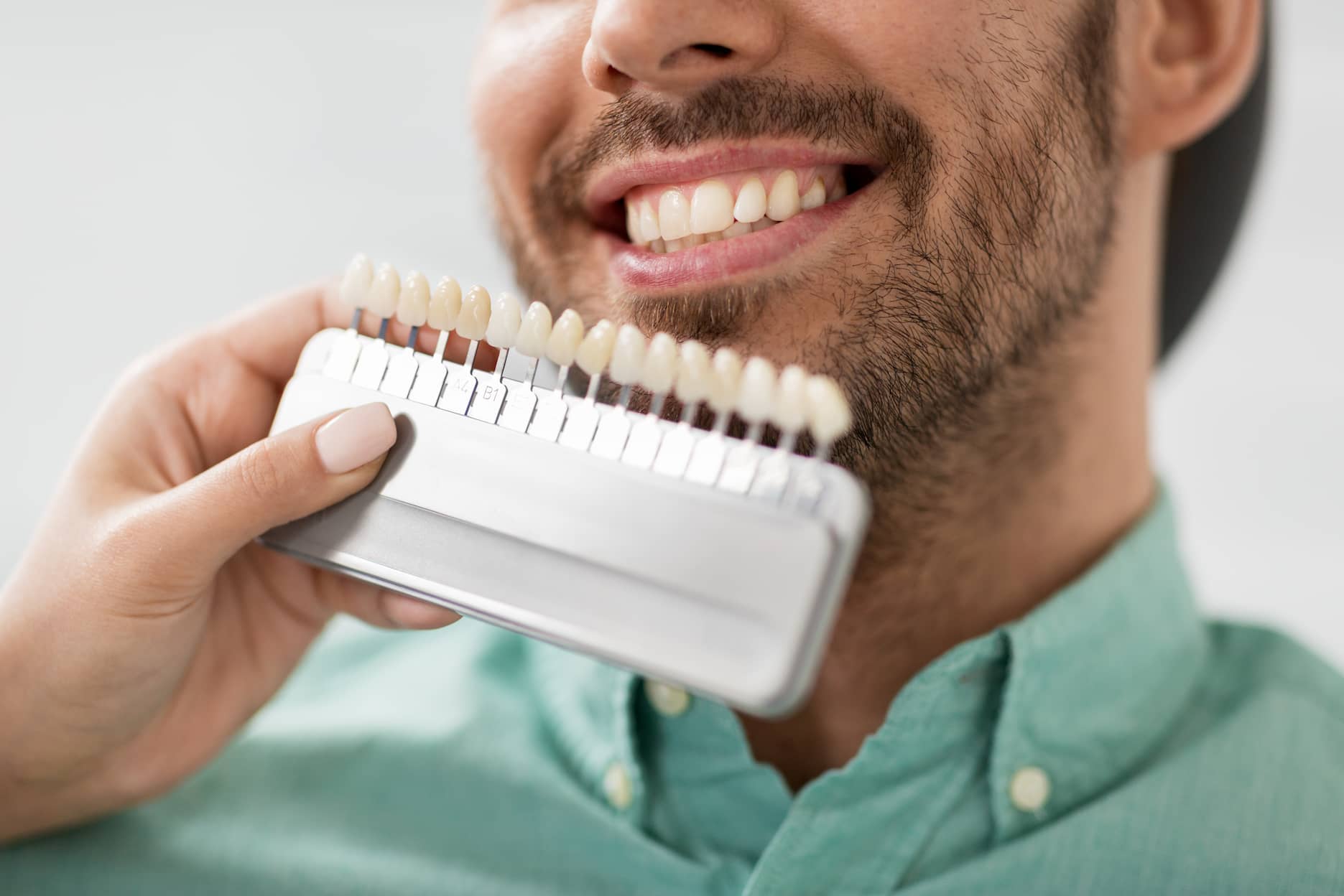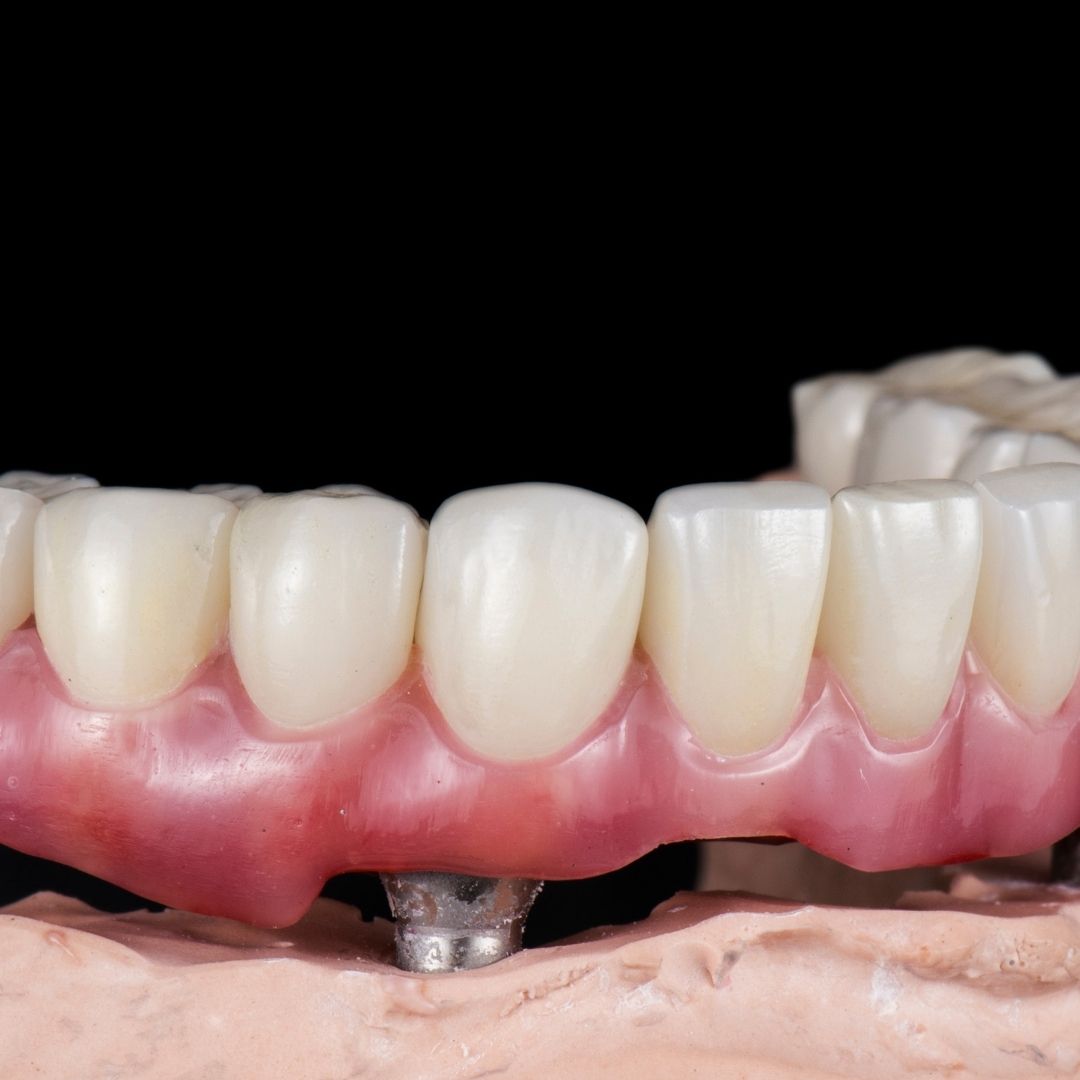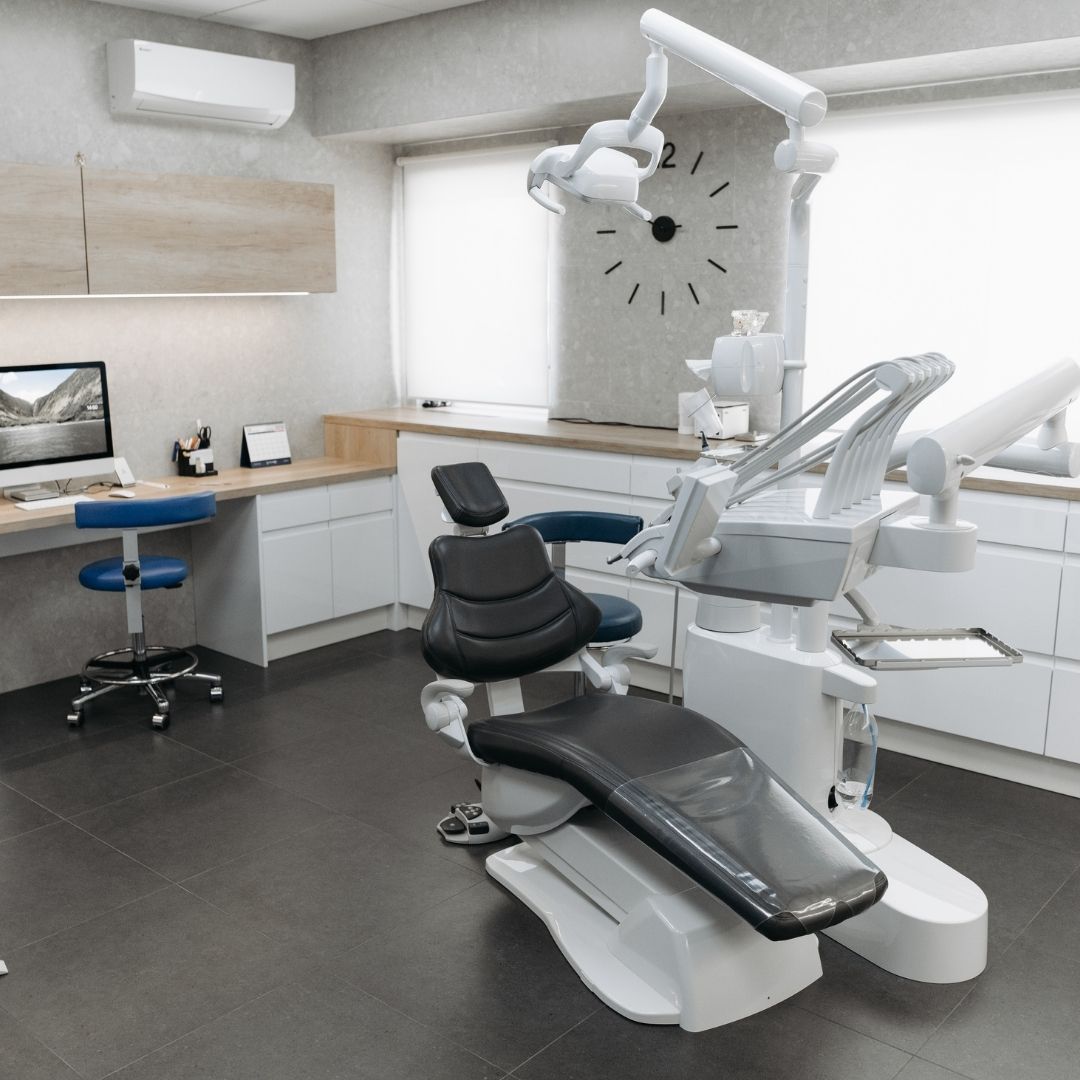
Long-Term Effects of a Broken Jaw
A broken jaw, medically known as a mandibular fracture, is a serious injury that can have long-term effects on a person’s health and quality of life. The jawbone is one of the strongest bones in the body, but it can still be fractured due to a variety of causes, including accidents, sports injuries, and physical altercations.
When a jawbone is broken, it can result in a range of symptoms and complications, including pain, swelling, difficulty chewing and speaking, and even breathing difficulties. However, the long-term effects of a broken jaw can be even more significant, impacting a person’s oral health, physical appearance, and overall quality of life.
One of the most common long-term effects of a broken jaw is the development of TMJ (temporomandibular joint) disorders. These disorders occur when the jaw joint is damaged, causing pain, stiffness, and clicking or popping sounds when opening and closing the mouth. TMJ disorders can also lead to headaches, earaches, and difficulty eating, speaking, and sleeping.
In addition to TMJ disorders, a broken jaw can also result in dental problems. Teeth may become misaligned or damaged as a result of the injury, requiring extensive dental work to repair or replace them. In some cases, a broken jaw can also lead to the loss of teeth or bone in the jaw, which can significantly impact a person’s ability to eat, speak, and maintain proper oral hygiene.
Beyond the physical effects, a broken jaw can also have psychological effects, including anxiety, depression, and decreased self-esteem. The visible changes to a person’s facial structure and smile can be a source of embarrassment and discomfort, leading to social isolation and difficulty interacting with others.
To minimize the long-term effects of a broken jaw, prompt and appropriate medical treatment is crucial. Treatment typically involves immobilizing the jaw using wires, plates, or screws, and may also require surgery to realign the broken bones. In addition to medical treatment, physical therapy and rehabilitation may be necessary to restore normal jaw function and prevent long-term complications.
The Long Road to Recovery: Navigating the Long-Term Effects of a Broken Jaw
A broken jaw can be a painful and traumatic injury, but the long-term effects can also be challenging to navigate. Recovery from a broken jaw can take months, and even after the initial injury has healed, individuals may experience ongoing complications related to oral health, TMJ disorders, and psychological well-being.
Navigating the long-term effects of a broken jaw requires ongoing care and support, including regular check-ups with dental and medical professionals, physical therapy, and rehabilitation. It’s also essential to address any psychological impacts, such as anxiety or depression, through counseling or therapy. By taking a comprehensive approach to recovery and seeking the necessary support and resources, individuals can manage the long-term effects of a broken jaw and regain their quality of life.

The Causes of a Broken Jaw
A broken jaw can be caused by a variety of factors, including trauma to the face, falls, sports injuries, and motor vehicle accidents. In many cases, a broken jaw occurs as a result of direct impact to the face, such as a punch, kick, or hit with a hard object. Elderly individuals and people with weakened bones due to conditions such as osteoporosis may be more susceptible to a broken jaw from falls or other accidents.
Additionally, individuals who participate in contact sports or high-risk activities may be at a higher risk of sustaining a broken jaw. It’s important to understand the risk factors associated with a broken jaw and take appropriate precautions to minimize the risk of injury. This may include wearing protective equipment during sports or high-risk activities, ensuring proper lighting and safety measures in the home, and avoiding situations that could lead to physical altercations.
Can a Broken Jaw Heal On Its Own?
A fractured jaw is a serious injury that has to be treated as soon as possible by a medical professional. The majority of broken jaws require medical intervention to ensure adequate healing and to prevent long-term consequences. While some mild fractures may heal on their own with rest and immobilization, this is not the case for most broken mouths.
A broken jaw, if not properly treated, can result in teeth that are not properly aligned, trouble chewing, speaking, and even breathing, as well as other complications. In order to ensure that the broken bone heals in the correct manner, it may in certain instances be necessary to have surgery to realign the bone. If you feel that you have broken your jaw, it is imperative that you seek medical assistance as soon as possible in order to obtain the appropriate treatment and support necessary for a complete recovery.
The Study of Long-term Effects of Broken Jaw Long-term Effects
A study published in the Journal of Oral and Maxillofacial Surgery examined the long-term effects of mandibular fractures in a cohort of 500 patients. The study found that over 70% of patients experienced persistent TMJ disorders and dental problems, even after successful treatment and healing of the fracture. This research underscores the importance of long-term monitoring and care for individuals who have suffered a broken jaw to address potential complications and ensure their overall well-being.
What a Broken Jaw Feels Like?
Having your jaw fractured can be an excruciatingly unpleasant and painful event. Pain, swelling, bruising, and difficulty opening and closing the mouth are the most typical manifestations of a broken jaw. It’s possible that some people will also have trouble swallowing, breathing, or speaking while they have this condition. The pain that comes along with a fractured jaw can range from moderate to severe, and it can be made worse by any movement of the affected area or any pressure that is applied to it. When attempting to move their jaw, some persons also report feeling like there is a clicking or popping sensation.
Overall, a fractured jaw can have a substantial influence on a person’s day-to-day life by making it difficult for them to eat, speak, and execute other activities that are part of their typical routine. It is imperative that you get medical help as soon as possible if you encounter any of these symptoms in order to receive an accurate diagnosis and the appropriate treatment for your condition.
Healthy Türkiye Notes
In conclusion, a broken jaw is a serious injury that can have significant long-term effects on a person’s oral health, physical appearance, and overall quality of life. Prompt and appropriate medical treatment, as well as ongoing care and rehabilitation, can help minimize these effects and allow individuals to regain normal function and enjoy a fulfilling life.




